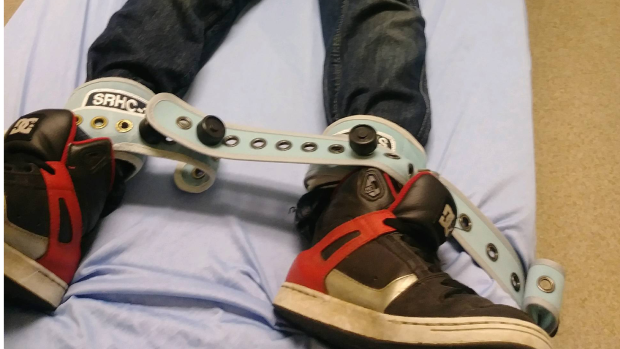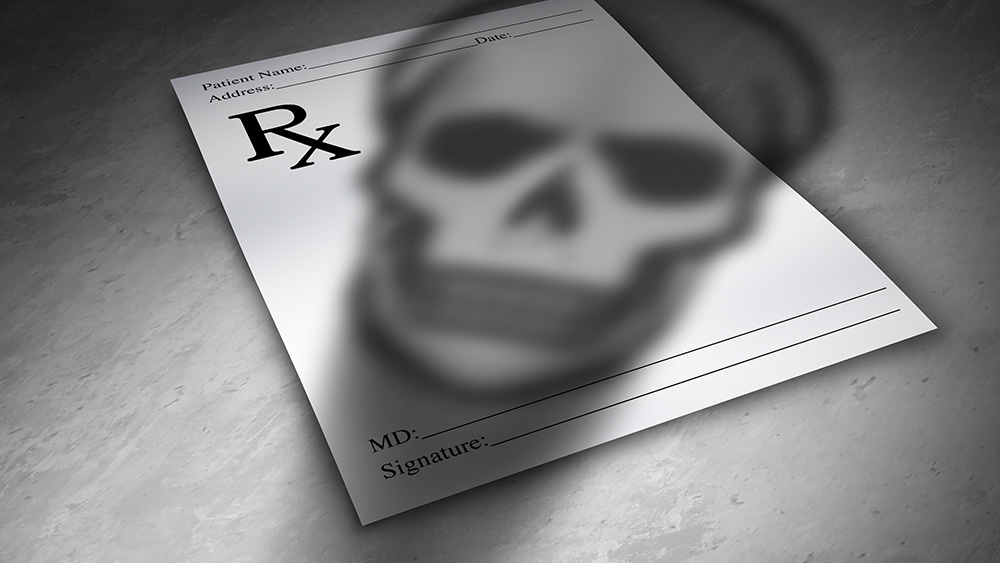New blood pressure guidelines claim millions of adults are “at risk” — the perfect storm for Big Pharma’s medication profit schemes
05/09/2018 / By Tracey Watson

Benjamin Franklin famously noted, “An ounce of prevention is worth a pound of cure.” This is certainly true when it comes to our well-being, and there are many things each of us can do to improve our health and prevent disease. That does not mean, however, that all types of disease prevention are necessarily equally beneficial.
Experts affiliated with The University of Sydney’s Public School of Health and Bond University’s Centre for Research in Evidence Based Practice, believe that the American College of Cardiology and the American Heart Association put millions of people at risk when they recommended that people with a top (systolic) blood pressure reading in excess of 130mmHg be diagnosed as having high blood pressure (hypertension).
Prior to 2017, a patient was only diagnosed as hypertensive if their systolic reading exceeded 140mmHg. However, based on the findings of a study called the Systolic Blood Pressure Intervention Trial (SPRINT), which was published in the New England Journal of Medicine in 2015, guidelines for diagnosing high blood pressure were recently altered to 130mmHg.
The impact of the new guidelines
The authors of the study, which was published in the journal JAMA Internal Medicine, recently noted:
The recent recommendations will influence clinical practice worldwide – including in the U.K. and Australia. This could result in an additional 31 million people in the U.S., 6.7 million in the U.K. and 2.4 million Australians being told they have hypertension, implying they are at risk of heart disease and stroke. This may lead to anxiety over their future health and to treatment they might not need.
The authors are concerned that upwards of 80 percent of people diagnosed as having high blood pressure based on the new recommendations will be harmed in at least three ways:
- When people are labeled as “sick” or “unwell” their risk of anxiety and depression is increased.
- Although the new guidelines recommend that “non-drug interventions” be tried first, these newly “diagnosed” patients are far more likely to be handed a prescription for a blood-pressure lowering medication than a healthy eating plan. This means a whole slew of people will have to deal with the side effects associated with these medications. According to Medline Plus, common side effects of these drugs include coughing; diarrhea or constipation; dizziness; sexual dysfunction; headaches; nausea or vomiting; fatigue and a lack of energy, among others.
- In countries like the United States which do not offer universal healthcare coverage, patients may be excluded from or have to pay more for medical coverage because they have been diagnosed with a “preexisting medical condition.”
The real way to prevent blood pressure problems
Like many modern diseases, high blood pressure is directly linked to lifestyle issues.
The Mayo Clinic recommends at least eight positive steps that can be taken to reduce blood pressure – none of which involve toxic chemical medications:
- Lose weight and stay within your healthy weight range. Be particularly conscious of not carrying weight around your waistline.
- Aim for at least 150 minutes of exercise each week.
- Eat a healthy diet which includes healthy whole grains and non-GMO, organic fresh produce. Avoid sugar, processed food and junk food.
- Reduce sodium levels in your diet.
- Quit smoking.
- For some people, reducing caffeine intake can lower blood pressure.
- Identify stressors in your life and work hard to eliminate or manage them.
Natural News also reported last year that a study published in the journal Hypertension found that taking a 300 mg magnesium supplement daily for a month can significantly lower blood pressure and improve blood flow.
Benjamin Franklin was absolutely right: Prevention is certainly better than cure. It’s just important to prevent health issues as naturally as possible. Only Big Pharma benefits from trying to use chemical drugs to prevent chronic disease.
Related: Discover more of nature’s secrets at Nutrients.news.
Sources include:
Tagged Under: Big Pharma, disease prevention, greedy corporations, guidelines, high blood pressure, high blood pressure prevention, hypertension, medical ethics, medication, natural remedies, prevent disease, risk
RECENT NEWS & ARTICLES
COPYRIGHT © 2017 MEDICAL EXTREMISM




















